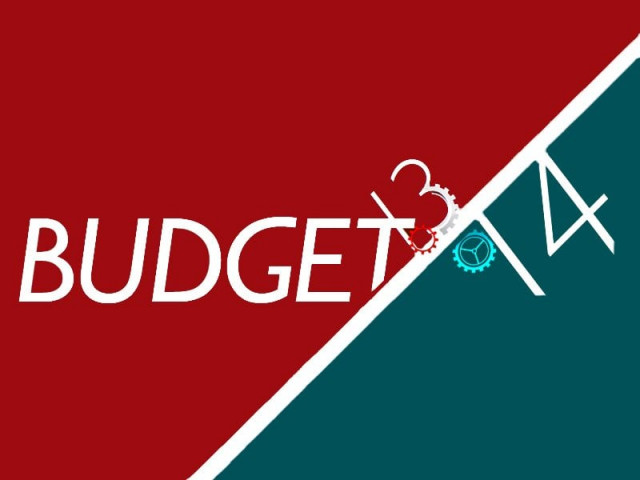Budget goes through
We are glad that the finance minister built himself some room to negotiate with the IMF.

We do not agree with everything that is in the budget, but we do believe that it is important for a government to stick to its convictions. PHOTO: FILE

With that said, we do have some reservations about the manner in which the increase in the general sales tax was imposed. It is entirely appropriate for the new finance minister to propose such a measure for debate in Parliament, and we are glad that the Supreme Court made him do so, rather than relying on a colonial-era law that allowed him to bypass the elected representatives of the people. However, imposing a tax retroactively from June 13 rather than July 1 is clearly unconstitutional. The government cannot violate constitutional principle — and a highly self-evident and logical one at that — simply because the Federal Board of Revenue does not want to have to bother with paying out refunds to companies that overpaid for the few days that the extra tax was imposed.
The opposition members may complain that their opinions were not taken into consideration, but the fact of the matter is that in a parliamentary system like ours, while they would be wise to heed good advice, the government is under no obligation to listen to the opposition’s proposals. Besides, the opposition had plenty of opportunity to express its opinions through their members on the Senate finance committee, where they are still in a majority, and to its credit, the Nawaz Administration has continued, what is now a parliamentary convention, for the National Assembly — to incorporate proposals from the upper chamber’s panel into the final bill.
The current finance bill was written mostly by civil servants, with the new finance minister having little time to give it the shape he truly wanted. We are glad that he, at least, built himself some room to negotiate with the International Monetary Fund. From next year onwards, however, he will be solely responsible for what goes into the finance bill, both good and bad. We hope he is better prepared next year.
Published in The Express Tribune, June 29th, 2013.
Like Opinion & Editorial on Facebook, follow @ETOpEd on Twitter to receive all updates on all our daily pieces.














COMMENTS
Comments are moderated and generally will be posted if they are on-topic and not abusive.
For more information, please see our Comments FAQ